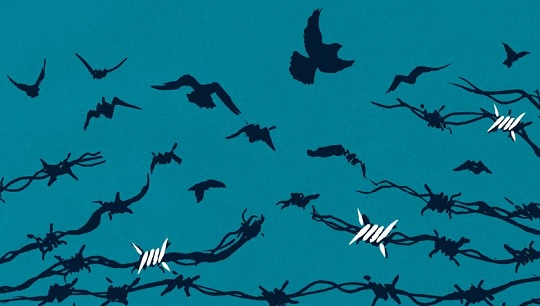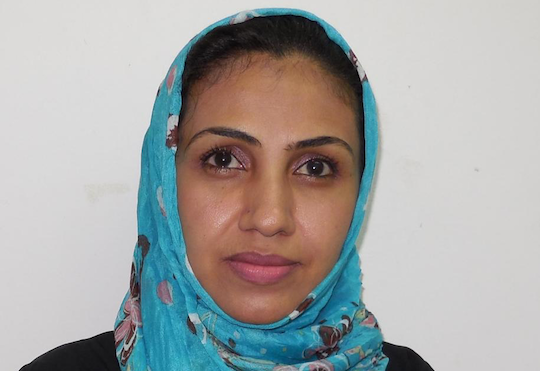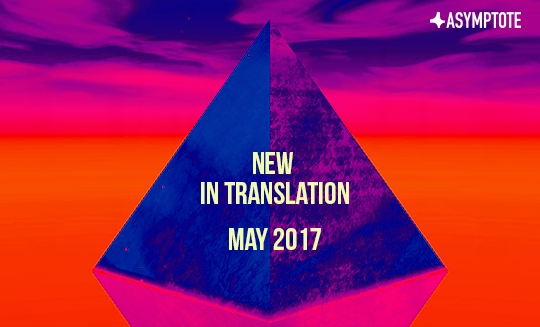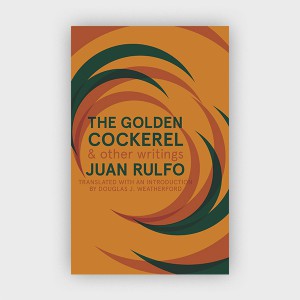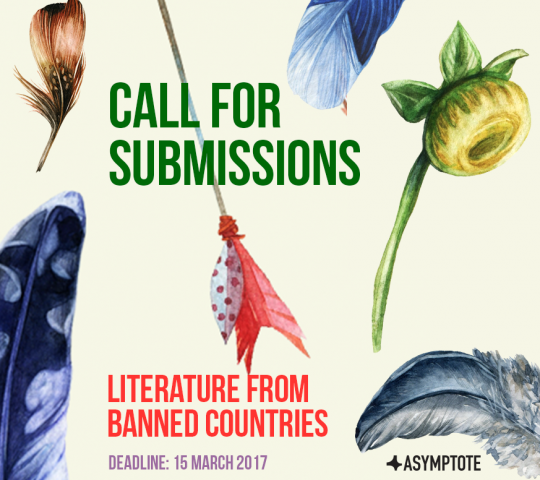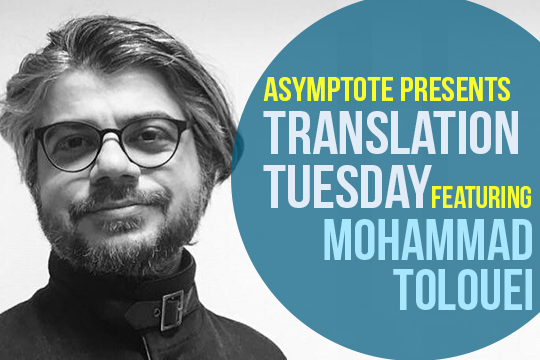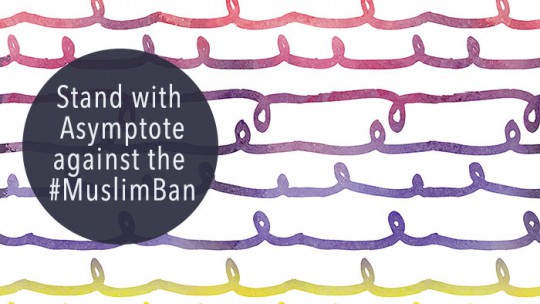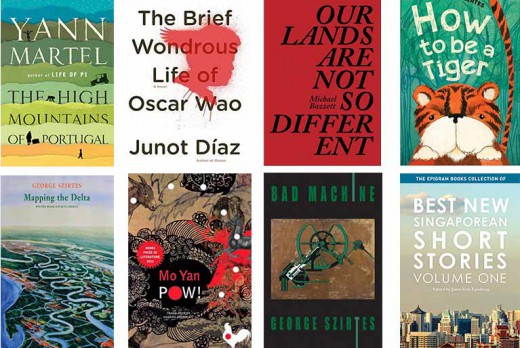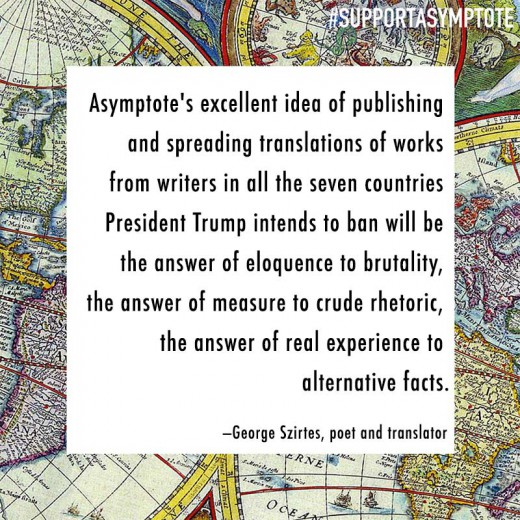What follows is some lightly edited magazine correspondence leading up to the Spring 2017 edition:
January 29
Subject: A thought on what we might do as a magazine
Hello team,
I’m sure many of you are unhappy about Trump’s outrageous ban on refugees and residents from seven Muslim countries; it woke up the activist in me (and also literally kept me awake, which is why I’m writing this at 7 a.m. on a Sunday). Since we happen to have a slot open anyway, I’d like to dedicate our Spring 2017 Special Feature to authors from these countries—Iraq, Syria, Iran, Libya, Somalia, Sudan and Yemen—and perhaps we could increase the percentage of work originating from these countries in our regular sections as well—that is, if the section editors are willing and able.
To spread the word, we could tap our network of volunteer translators and commission translations into other languages as we’ve done many times before… Publishing the work in our weekly showcase at The Guardian could also get them more attention… as a matter of fact, thanks to Tomás, our editor-at-large for Chile, we have already lined up a Syrian-born poet next Tuesday.
We’d have to fundraise for this Feature to happen—and I’ll need help. To that end, I’ve added two more questions to the internal questionnaire due this coming Wednesday.
Now, I hope to set up the crowdfunding page as soon as possible, so if you feel very strongly that you’d like to be part of this effort, please email me offlist and let me know how you might contribute. For those of you who just joined, you can find an example of a previous crowdfunding effort undertaken by the magazine here (it’s usually very stressful). If support is not forthcoming, I don’t think I will go through with this Feature, as I’m already carrying a lot of magazine work and probably can’t take on the fundraising alone (which is what I did last year for our fifth anniversary events).
***


